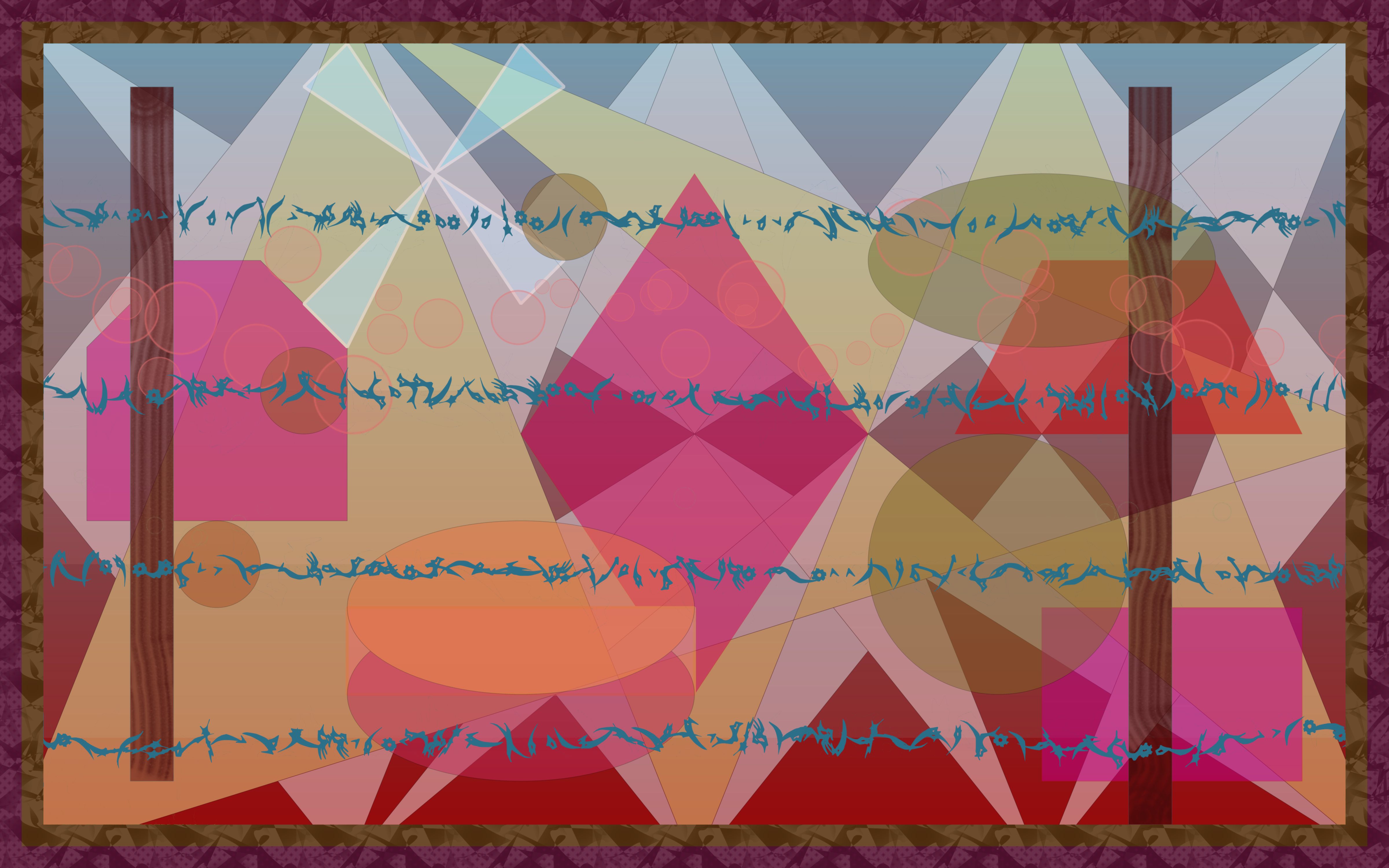
Imagine you grew up on a dry farm in the middle of Wyoming. There were no trees on your place, nor any open streams, but you did have a windmill for pumping water that you used in the farmhouse and to fill the stock tank. It didn't rain much and the grass was not as plentiful as it was back in Illinois, but there was plenty of land. You could raise cattle on it, but not as many per acre as back home. Winters were tough, but with timber from the southern tip of the Bighorn Mountains, plus coal from the mines 90 some miles to the north, you could get by if you laid in your stock ahead of time. Your task as your father's main rider was to survey the herd, make sure no cows got their heads caught in stray buckets, and provide a profile along hill ridges to discourage cattle rustlers. You learned to shoot the .22 rifle you bought raising your own orphaned or rejected calves. You collected rattlesnake rattles and pressed them into the side of a clay jar you made. Life was simple, hard, and satisfying.
Your dad helped you see the reality behind the ideal image: you were becoming a young woman and needed to think about your future. That could include marriage and family, but in any case you needed an education. It was time to catch up with your peers, so you boarded with a trusted doctor and his family in the nearest town big enough to have a high school, and completed your high school education in two years. Then you decided to embark on a career in nursing, so you went to Denver and then Seattle for training. Of course, you met a handsome soldier and with the social imperative to regenerate the population after the war, you got married. Family responsibilities eventually won out and you abandoned your career in nursing.
Still, you maintained parts of your past. You returned to Wyoming with your family and bought a small acreage in a town on the foothills of the Bighorns. You had a horse and a milk cow. Your parents moved to town and came to visit more often. Your husband build a house out of logs milled from the mountains. You heated the place with a pot-bellied stove, but eventually things got more comfortable and you had a furnace and all the modern conveniences.
Later in life, you managed to purchase the original log cabin where you grew up from the rancher who was using it to store grain, and your husband, brothers, and son moved the logs up from the old ranch and reassembled the cabin on your acreage. There you had fir flooring like in the original, complete with the knothole that your dad covered up with a tin can lid to keep the mice out. There were two rooms: one for cooking and eating, the other for sleeping and sewing.
Those floors invited memories of your life on the open hills and meadows of the dry farm, and you might have enjoyed placing a rug like this one on the floor.